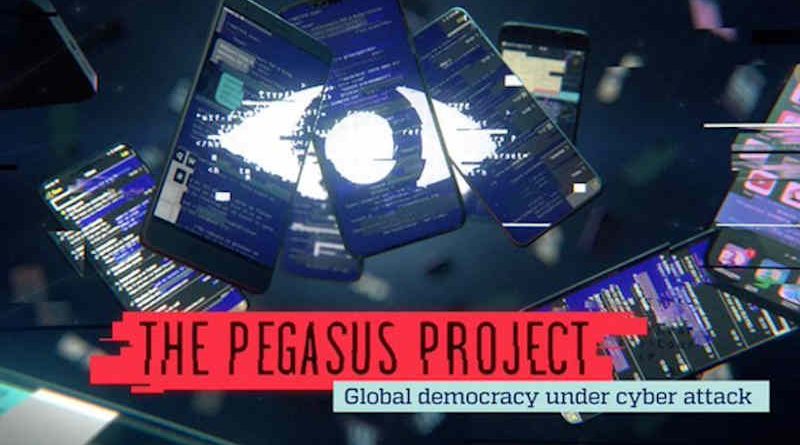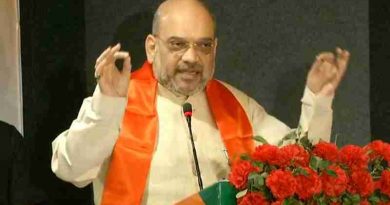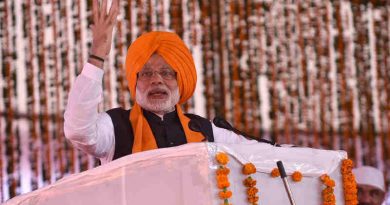Supreme Court of India Delays Pegasus Spyware Case

Supreme Court of India Delays Pegasus Spyware Case
With its dilatory action, the Supreme Court has virtually provided impunity to the Modi government.
By Rakesh Raman
As usual, the Supreme Court of India has subtly thrown the Pegasus spyware case into oblivion, which will give an undue benefit to prime minister (PM) Narendra Modi’s government which is accused in this case.
In its ruling today (October 27), the Supreme Court decided to form a committee which will conduct an inquiry into allegations of Pegasus software use by the Modi government for unauthorized surveillance of political opponents, journalists, activists, judges, and others.
A bench headed by Chief Justice of India (CJI) N. V. Ramana said the committee will investigate if the Pegasus spyware was used on phones or other devices of the citizens of India to access stored data, eavesdrop on conversations, intercept information and/or for any other purposes.
While the Modi government has maintained that this is an issue related to national security, the court said that the state should not get a free pass every time the spectre of national security is raised. But these loose remarks by the court have no legal relevance, and no committee or court can dare to hold the Modi government accountable. In fact, with its dilatory action, the Supreme Court has virtually provided impunity to the Modi government.
Eventually, this Pegasus case – like many others in which the Modi government was accused – will be brushed under the carpet. If an ordinary citizen had committed such a crime, they would first be jailed before starting the court proceedings. But most judges do not have courage to use the same rule for the Modi government or its functionaries.
In the past, multiple cases have been either ignored by the Supreme Court arbitrarily or the judgments have gone in favor of the Modi government. These cases include Ayodhya temple case, Rafale corruption case, electronic voting machines (EVM) fraud case, PM-CARES Fund case, Article 370 case on Kashmir, Judge Loya death case, Gujarat riots case, Citizenship Amendment Act (CAA) case, electoral bonds case, judicial corruption case, sextortion case of former Chief Justice Ranjan Gogoi, environmental crime case, and a number of other cases which still await justice.
The Pegasus Project is said to be a collaboration of more than 80 journalists from 17 media organizations in 10 countries coordinated by Forbidden Stories, a Paris-based media non-profit, with the technical support of Amnesty International, which conducted forensic tests on mobile phones to identify traces of the spyware.
The findings of the Pegasus Project were released in July 2021. But the Supreme Court of India wasted almost 3 months to catch the culprits. Now, the court has almost dumped the case by forming a committee which will waste more time and its findings (if revealed) are not likely to punish Modi or his colleagues in the government.
By Rakesh Raman, who is a national award-winning journalist and social activist. He is the founder of a humanitarian organization RMN Foundation which is working in diverse areas to help the disadvantaged and distressed people in the society.





